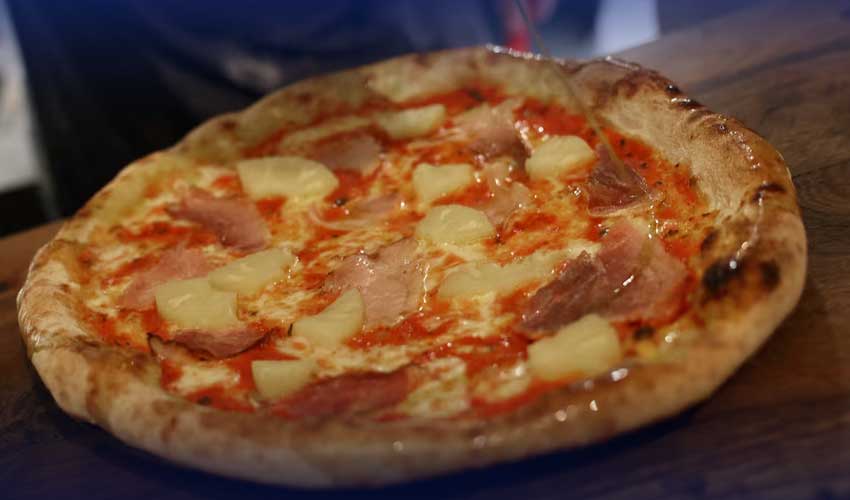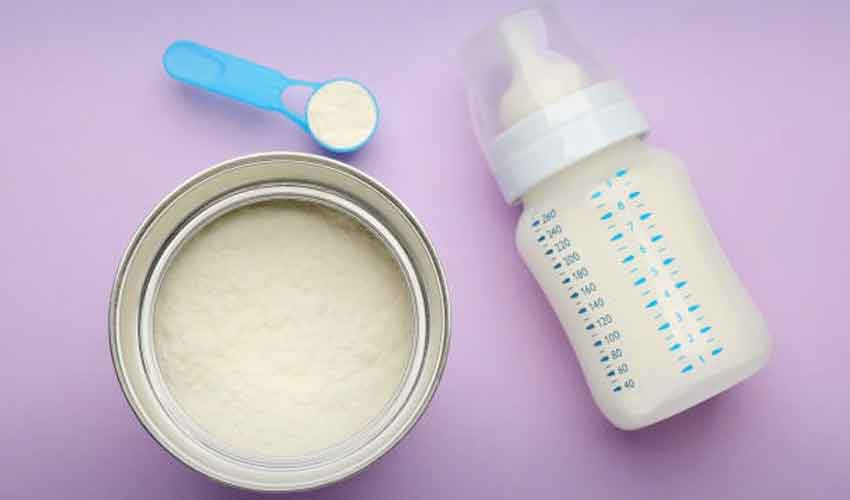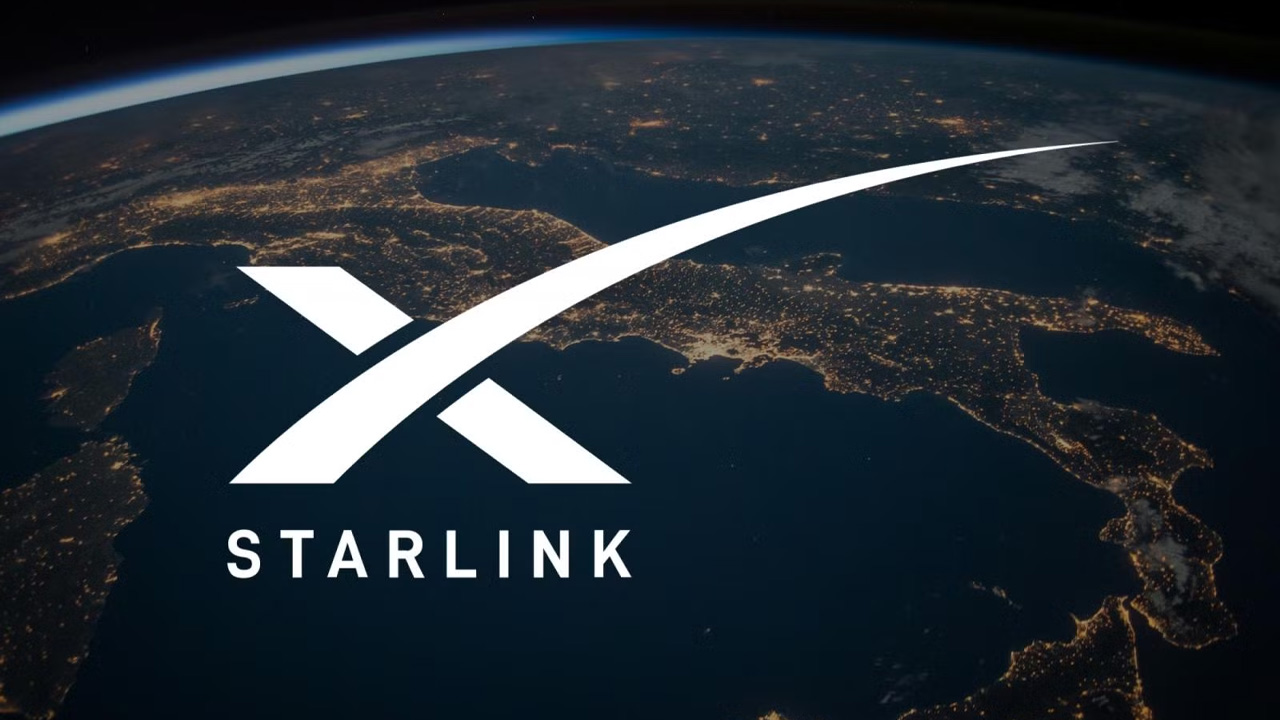Fatiko Basha tenderly caressed her donkey, Liza, before collecting its milk on a farm nestled in Albania’s Gjirokaster region.
Revered for its health benefits for thousands of years, donkey milk has gained modern fame for producing one of the world’s most expensive cheeses.
Fatiko and her husband, Veiz Basha, run a small farm where they transform donkey milk into cheese, curd, and whey. According to Veiz, the process requires care and affection, as donkeys only produce milk when lactating and feel nurtured. Each animal yields just half a litre of milk per day, contributing to its steep price of 50–60 euros per kilo.
The Bashas expanded their operation during the Covid-19 pandemic and now sell donkey milk across Albania and neighbouring countries, including Greece and Montenegro. Their herd, consisting of 30 females and four males, is set to grow in January, leveraging the lush pastures of the Gjirokaster mountains.
Producing donkey cheese requires at least 25 litres of milk to yield just one kilo, costing over 1,500 euros—a price that secures its place as one of the most expensive cheeses globally. Their daughter, Xhiko, also crafts cheese for a local restaurant in Lazarat, highlighting its increasing demand despite the cost.
In the capital, Tirana, restaurants like Oxhaket serve the prized cheese, pairing it with fine wine. “Expensive but very tasty, it’s the perfect addition to a gourmet meal,” said restaurant owner Elio Troque.
Beyond the culinary realm, donkey milk has also earned recognition in skincare. Fabjola Meci, a pharmacist, produces a line of cosmetics under her brand, Leva Natural, touting donkey milk as a “real beauty secret.”
Drawing inspiration from Cleopatra’s legendary milk baths, Meci’s ultra-soft creams have gained traction, with hopes of international export in the near future.



























